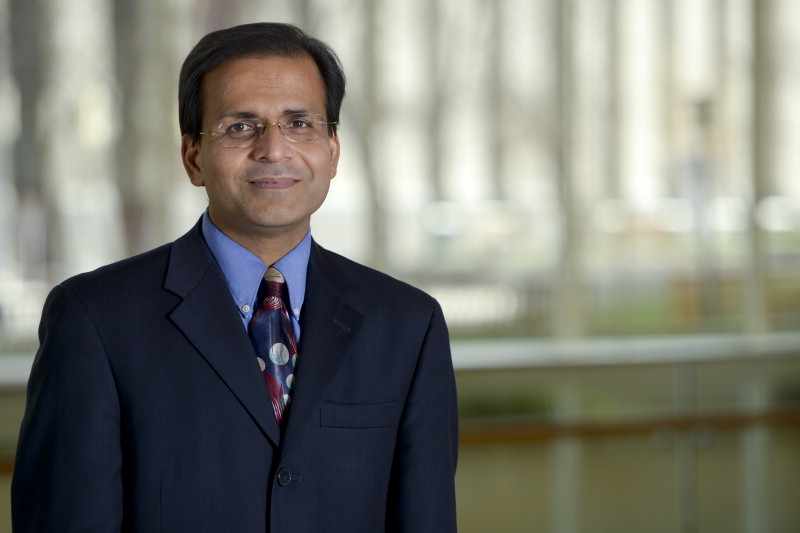-
Featured News
Something to Think About: How to accept other’s imperfections?

Dr. Amit Sood says, "The imperfections I see in others teaches me about my own predispositions."
Dear friends,
An acceptable blood mercury level is less than 10 microgram/liter. It isn’t zero. For many toxic chemicals – lead, arsenic, pesticides – the level isn’t zero. It is some finite measurable number, however small. The same is true for the toxic thoughts of my mind.
My mind doesn’t have zero anger, zero hatred, zero envy, zero falsehood. Try as I may, to purge my mind of these toxins, they creep in from some unguarded corner. As I get older I develop wrinkles; as I live, learn and get hurt, I scab and scar. Being alive is being imperfect.
My imperfections should alert me that people who struggle with anger, hatred, envy or falsehood, were perhaps exposed to a higher dose of it. Recognizing their constraints, I should do my best to have compassion for their previous suffering that predisposed them to be who they are today. I should also be compassionate for the hurt their negativity is causing to their present and future moments, even if they don’t know or feel it.
The imperfections I see in others teaches me about my own predispositions. As my mind detoxes itself from anger, hatred, envy and falsehood, it will develop greater compassion toward these vices in the outer world. All I will see then is individual beings, struggling with predispositions that prevent them from being consistently kind, slowly but surely, working their way toward freedom.
Such thinking will make me kinder. It is this instinctive kindness that will empower me to help make a little corner of the world happier than it would have been otherwise.
If I am a work in progress, I shouldn’t expect that others aren’t.
Take care,
Amit
Read Dr. Sood's blog posts and follow @AmitSoodMD on Twitter.
 Dr. Sood is director of research in the Complementary and Integrative Medicine Program on Mayo Clinic's Rochester campus in Minnesota. He also chairs the Mind-Body Medicine Initiative at Mayo Clinic.
Dr. Sood is director of research in the Complementary and Integrative Medicine Program on Mayo Clinic's Rochester campus in Minnesota. He also chairs the Mind-Body Medicine Initiative at Mayo Clinic.







